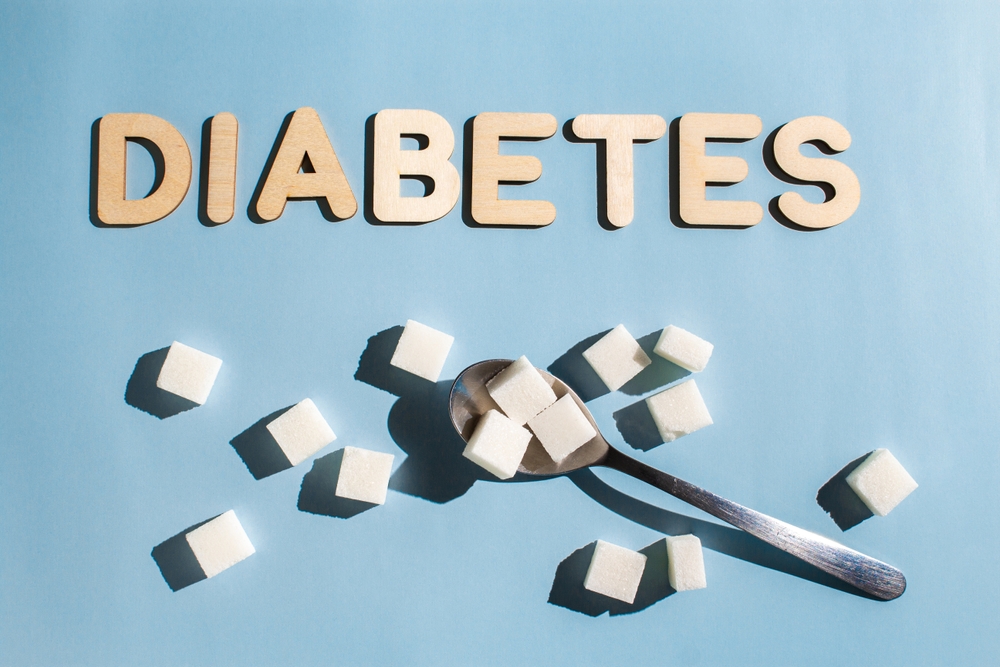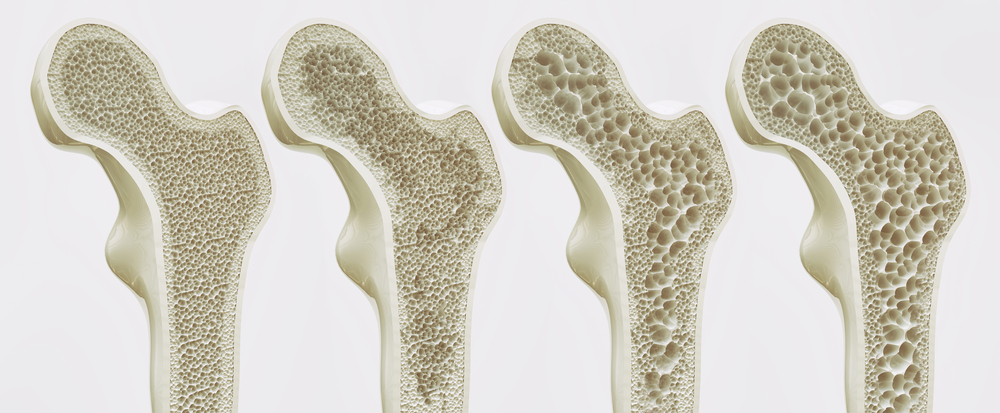You may be thinking: “I thought chocolate is bad for you. Why should I be eating more of it?” Not all chocolate is bad for you and not all chocolate is good for you. Dark chocolate contains approximately 70% cocoa solids, cocoa butter, and sugar while milk chocolate contains about 30% cocoa solids, cocoa butter, milk, and sugar. Dark chocolate contains numerous nutrients that can have a positive effect on your health.
Below is a list of 5 reasons why seniors should eat more dark chocolate.
1. Rich in antioxidants. Cocoa is richer in antioxidants than many superfoods such as berries, nuts, and seeds. Unprocessed cocoa beans are one of the best foods that can disarm free radicals, which are unstable atoms that can damage cells.
2. Reduces the risk of heart disease. Flavanols found in dark chocolate stimulate the production of nitric oxide, which causes the widening of blood vessels, leading to better blood flow and decreased blood pressure.
3. Improves cholesterol levels. Consuming dark chocolate increases “good” cholesterol levels and decreases “bad” cholesterol levels.
4. Skin protection. Flavanols increase skin density and hydration, improve blood flow to the skin, and protect your epithelial cells by reducing any UV damage that may have occurred.
5. Improves mood. Dark chocolate contains stearic acid and palmitic acid, which are two fatty acids that improve mood, and tryptophan, which is an amino acid that can increase the feeling of happiness through the production of the neurotransmitter serotonin.
Although there are many benefits of consuming dark chocolate, it is important to keep in mind that dark chocolate is high in calories and fat, and therefore should be consumed in moderate amounts.
Boom Health knows that juggling responsibilities to coordinate quality home care services for loved ones can be difficult. Boom Health brings instant digital tools to free up time so you can spend that time together instead. Find the app on the App Store or Google Play Store.
This article is not intended to be a substitute for professional medical advice or diagnosis. Always seek the advice of your physician or other qualified health provider with any questions you may have regarding a medical condition.





